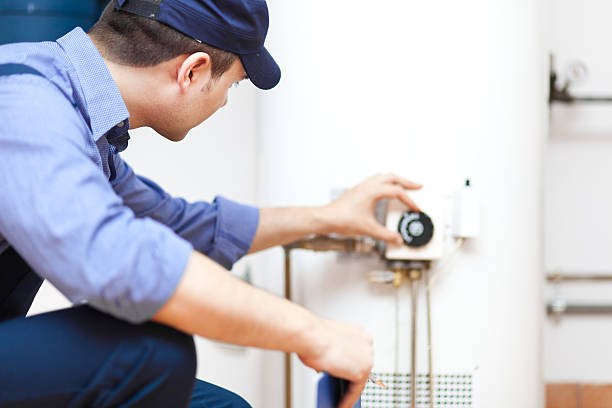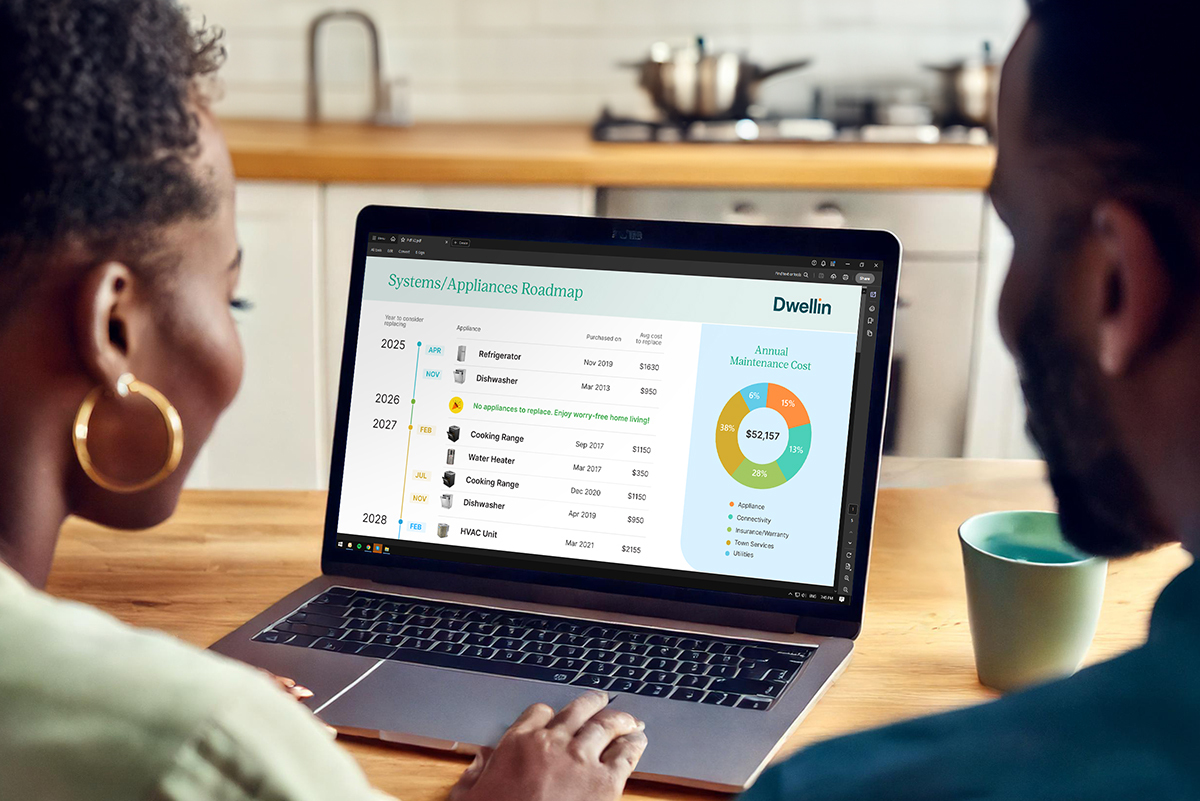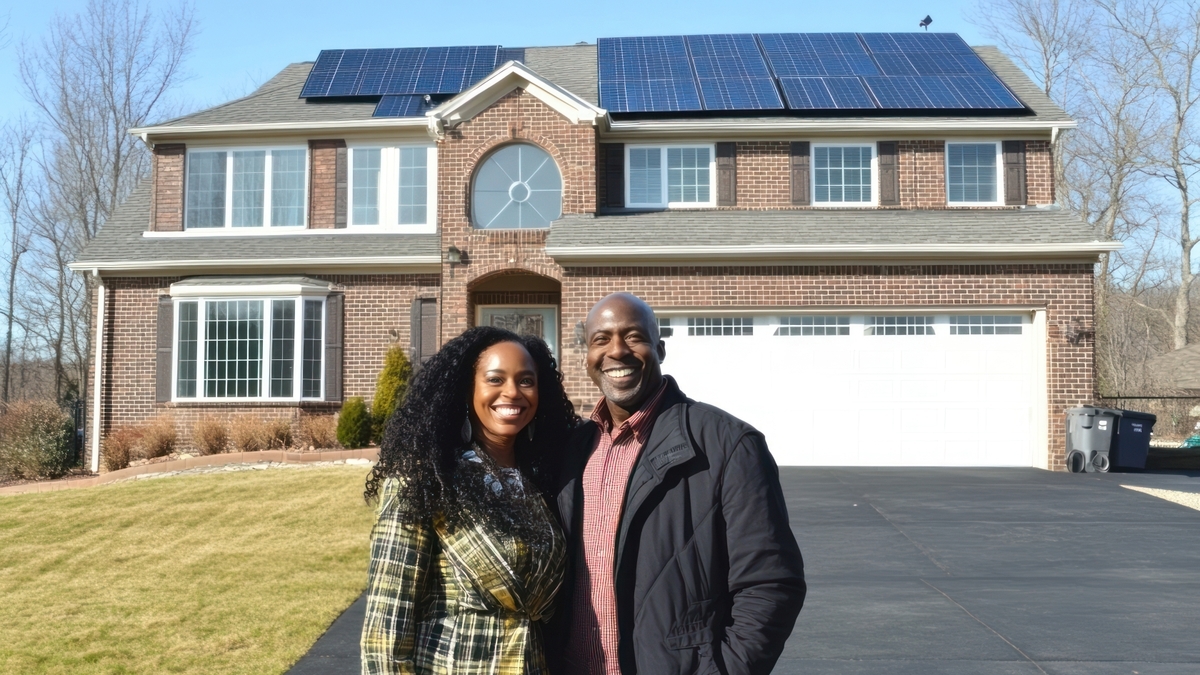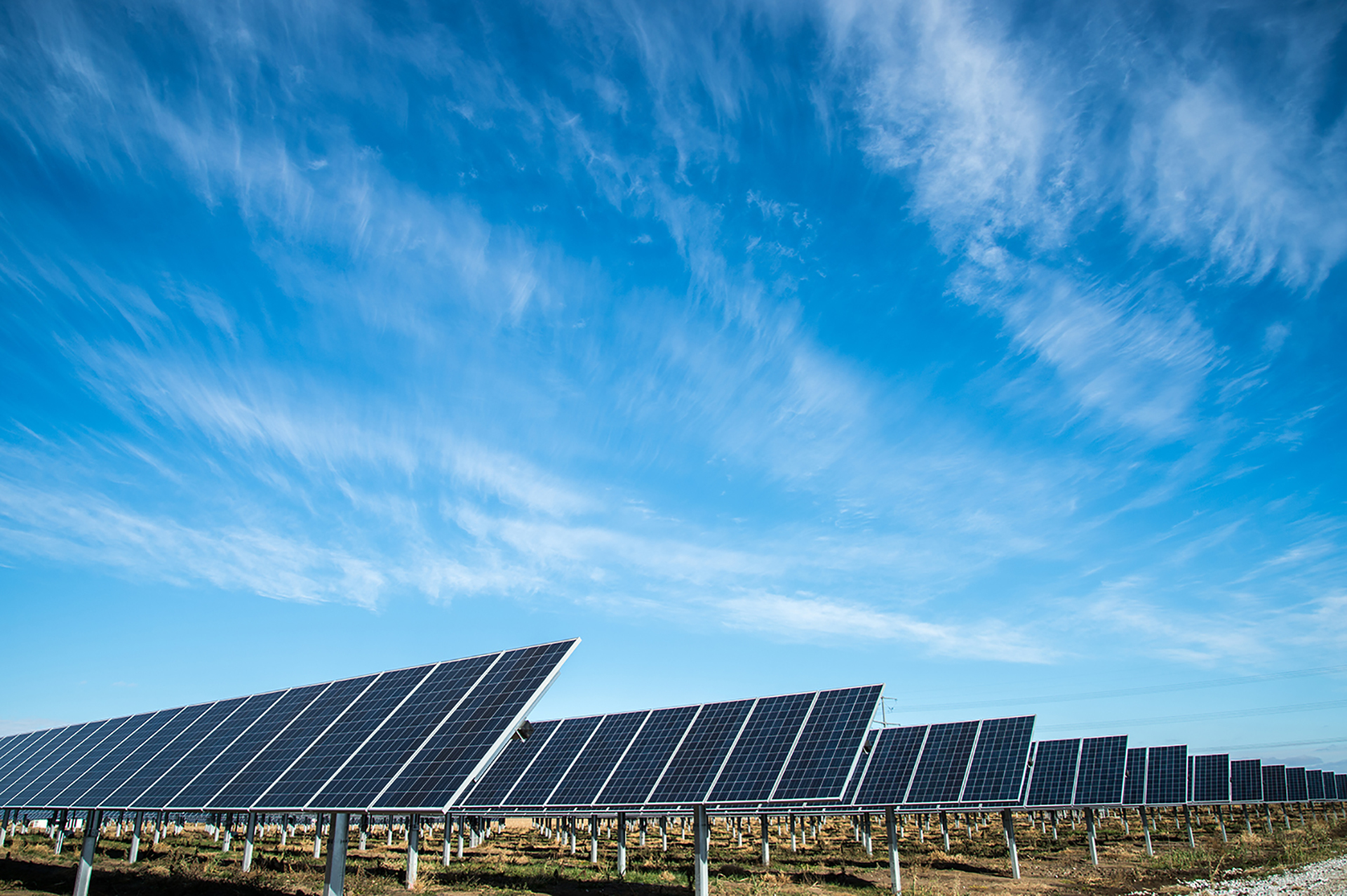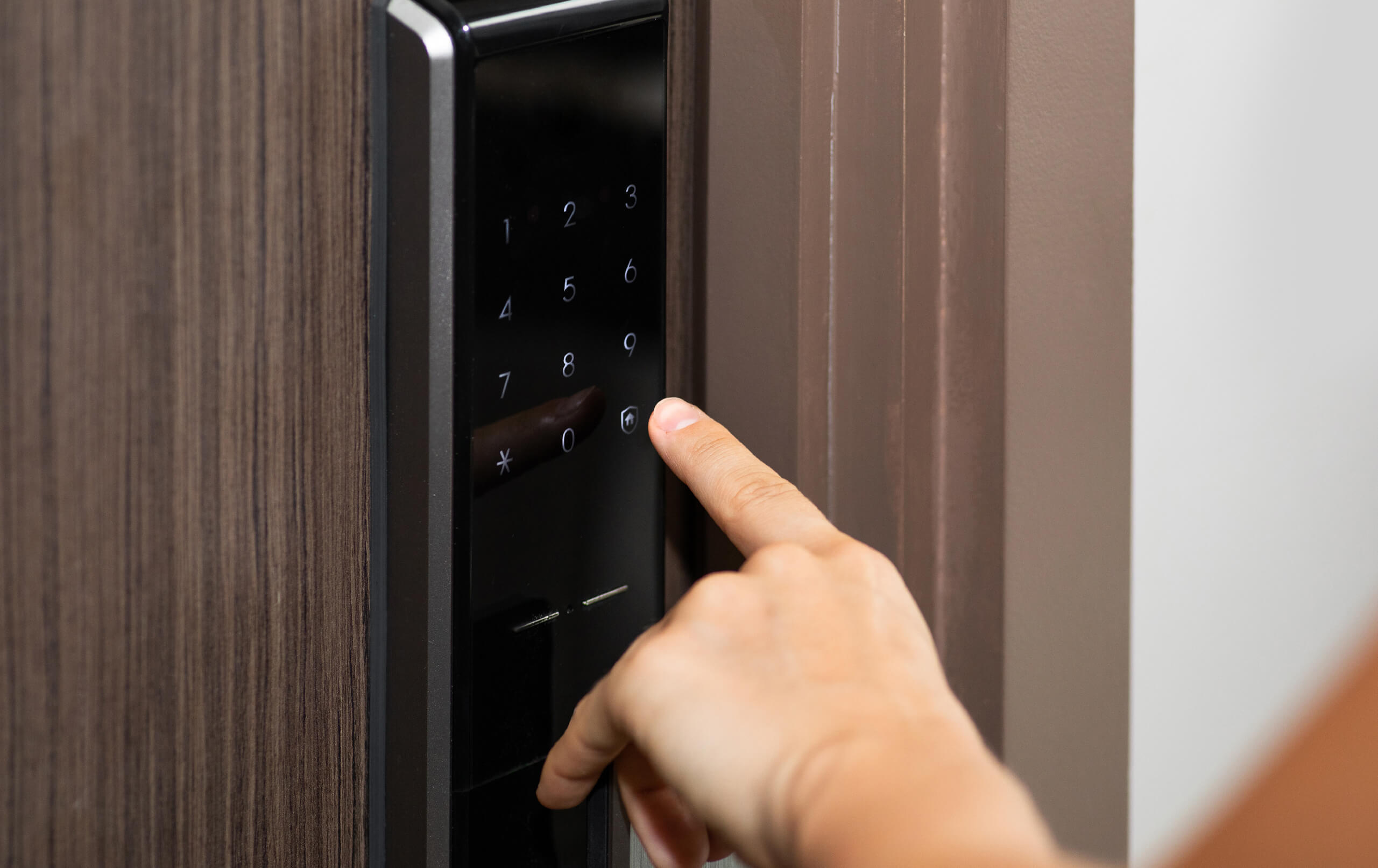Time for a Change? Your Ultimate Guide to Appliance Replacement
6 minute read

Deciding when to replace your appliances is a big part of keeping your home running smoothly. It’s not just about age; you need to consider performance, efficiency, and cost too. Let’s break it down together and help you make the best choices for your home and wallet.
Average Lifespans of Common Appliances
Knowing how long your appliances typically last can give you a good idea of when it might be time to start thinking about a replacement:
- Refrigerators: 10 to 15 years
- Dishwashers: 7 to 12 years
- Washing Machines: 8 to 12 years
- Dryers: 8 to 12 years
- Ovens and Ranges: 10 to 20 years
Factors That Affect Appliance Lifespan
- Quality: Higher-quality appliances often have longer lifespans.
- Usage and Maintenance: Regular upkeep and proper use can extend the life of your appliances.
- Environmental Conditions: Factors like extreme temperatures and humidity can impact performance and durability.
Signs It’s Time for a New Appliance
Even if your appliance hasn’t hit its expected lifespan, there are signs that it might be time for a change:
- Frequent breakdowns and repairs.
- Reduced efficiency (e.g., not cooling or heating well).
- Unusual noises or smells.
- Outdated technology or poor energy efficiency.
Repair vs. Replace: How to Decide
When your appliance starts acting up, it’s tough to know whether to fix it or get a new one. Here’s how to decide:
- Age and Condition: Older appliances that break down a lot might not be worth fixing.
- Cost of Repairs: If fixing it costs as much as or more than a new appliance, it’s time to replace.
- Major Issues: Big problems like a broken compressor or motor usually mean it’s time for a new appliance.
- Warranty and Service Plans: If you’ve got a warranty or service plan, repair might be cheaper.
The Perks of Energy Efficiency
Upgrading to energy-efficient appliances can save you money and help the environment. Look for the ENERGY STAR label, which means the appliance meets strict energy efficiency guidelines.
Benefits of energy-efficient appliances include:
- Lower energy bills.
- Reduced greenhouse gas emissions.
- Advanced features and better performance.
Environmental Impact
When replacing your appliances, think about the environment:
- Proper Disposal: Don’t just toss your old appliances. Many places offer recycling programs to keep them out of landfills.
- Eco-friendly Models: Choose appliances with ENERGY STAR ratings to save energy and water.
Knowing when to replace your appliances helps keep your home efficient, cost-effective, and eco-friendly. By considering lifespan, performance, repair costs, and energy efficiency, you can make smart decisions that benefit both your household and the planet.



